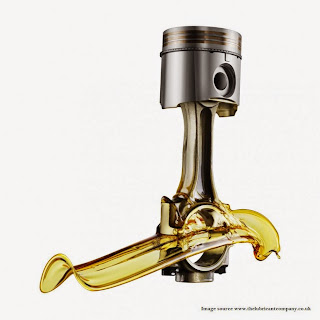Key Players in the Cancer Immunotherapy Market Primarily Pursue the Strategy of Approvals
Market growth factors such as increasing adoption of target therapy over
traditional therapy, emergence of biosimilars, increasing demand for
mAbs, high prevalence of cancer. Cancer immunotherapy drugs are designed
to alter or boost the body’s natural immune response to fight cancer
this market is research-driven with a high degree of dependence on the
discovery of molecules that can generate an immune response against
various indications.
According to research report the Cancer Immunotherapy Market is projected to reach USD 119.39 Billion by 2021 from USD 61.97 Billion in 2016, at a CAGR of 14.0%.
Download PDF Brochure: https://www.marketsandmarkets.com/pdfdownloadNew.asp?id=197577894
The
global cancer immunotherapy market is consolidated in nature, marked
with the presence of a few large players. The prominent players in this
market are Amgen (U.S.), AstraZeneca (U.K.), F. Hoffmann-La Roche
Ltd(Switzerland), Bayer AG (Germany), Bristol-Myers Squibb (U.S.), Eli
Lilly and Company (U.S.), Janssen Global Services, LLC (Belgium), Merck
(U.S.), Novartis (Switzerland), and Pfizer (U.S.).
Amgen was the
largest player in the global cancer immunotherapy market. The company
has a strong presence in the U.S., Europe, Asia-Pacific, the Middle
East, and Africa. In order to sustain its foothold and further increase
its share in the market, the company pursues the strategy of new product
launches, which significantly impacts the companys customer base.
F.
Hoffmann-La Roche AG accounted for the second-largest share in the
cancer immunotherapy market. The company focuses on developing
innovative products to provide efficient solutions to its customers.
Bristol-Myers
Squibb (BMS) held the third position in the cancer immunotherapy market
in 2015. The company has a first-mover advantage as two of its drugs
(Opdivo and Yervoy) have already been approved and commercialized. These
products recently received an approval of oncolytic virus Imlygic and
cancer vaccine Empliciti from the U.S. FDA.
The key strategies
followed by most companies in the cancer immunotherapy market are new
products launches and approvals; expansions; acquisitions; and
partnerships, agreements, and collaborations. The strategy of new
products launches and approvals accounted for the largest share of the
overall growth strategies mapped from 2013 to 2016. Companies seek new
and advanced product approvals to strengthen their product portfolios
and cater to the unmet needs of their customers. Some of the leading
players that adopted this strategy include Amgen (U.S.), F. Hoffmann-La
Roche Ltd. (Switzerland), Bristol-Myers Squibb (U.S.), and Merck (U.S.).
Get Report Sample Pages: https://www.marketsandmarkets.com/requestsampleNew.asp?id=197577894
Based
on regions, the global Cancer Immunotherapy market is segmented into
North America, APAC, Europe and the Rest of the World (RoW). North
America is expected to account for the largest share of the market
during the forecast period. Growth in this regional segment is driven by
factors such as increase in patient pool, and initiative taken by the
government for the development of Cancer Immunotherapy.

Comments
Post a Comment